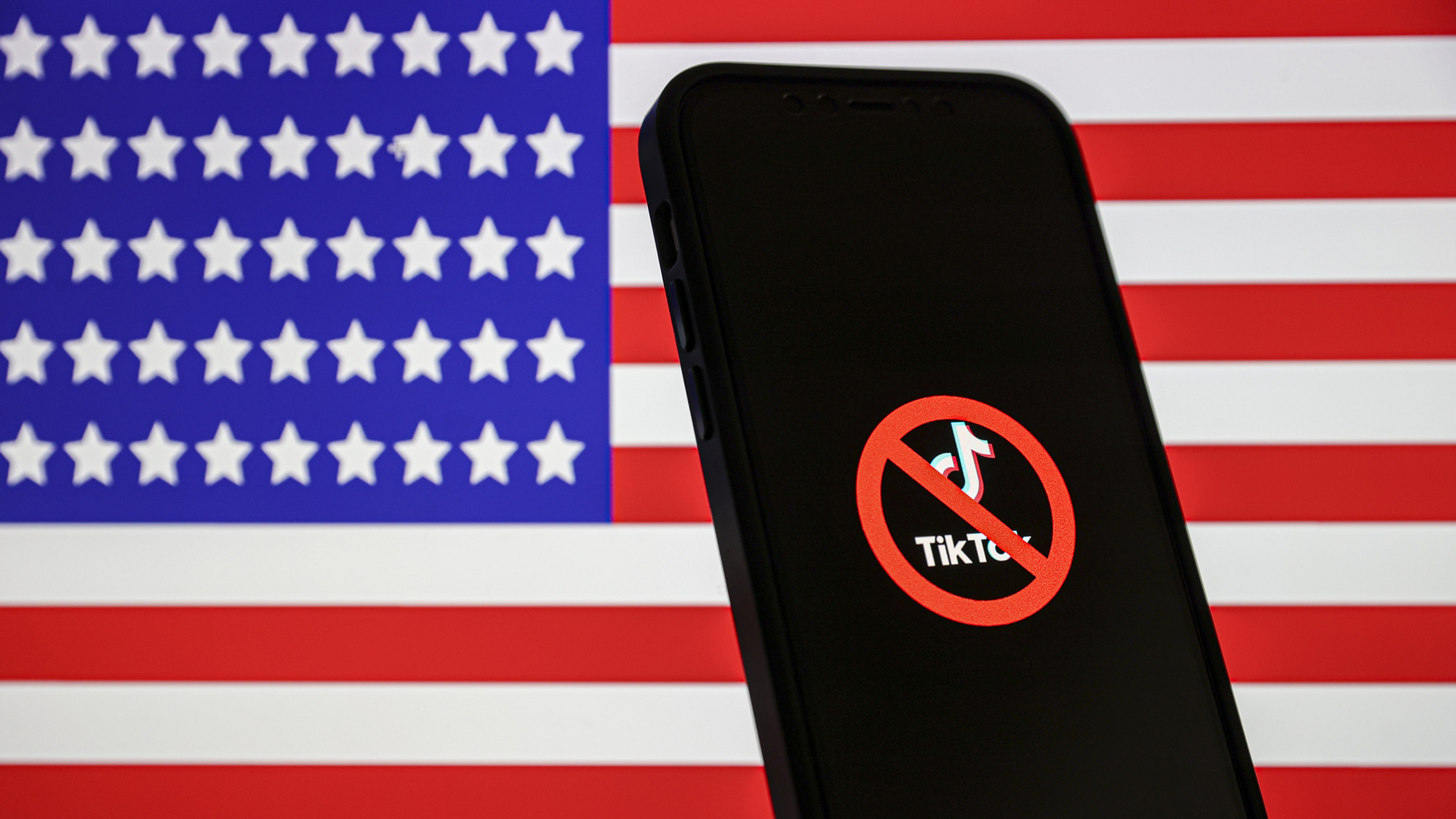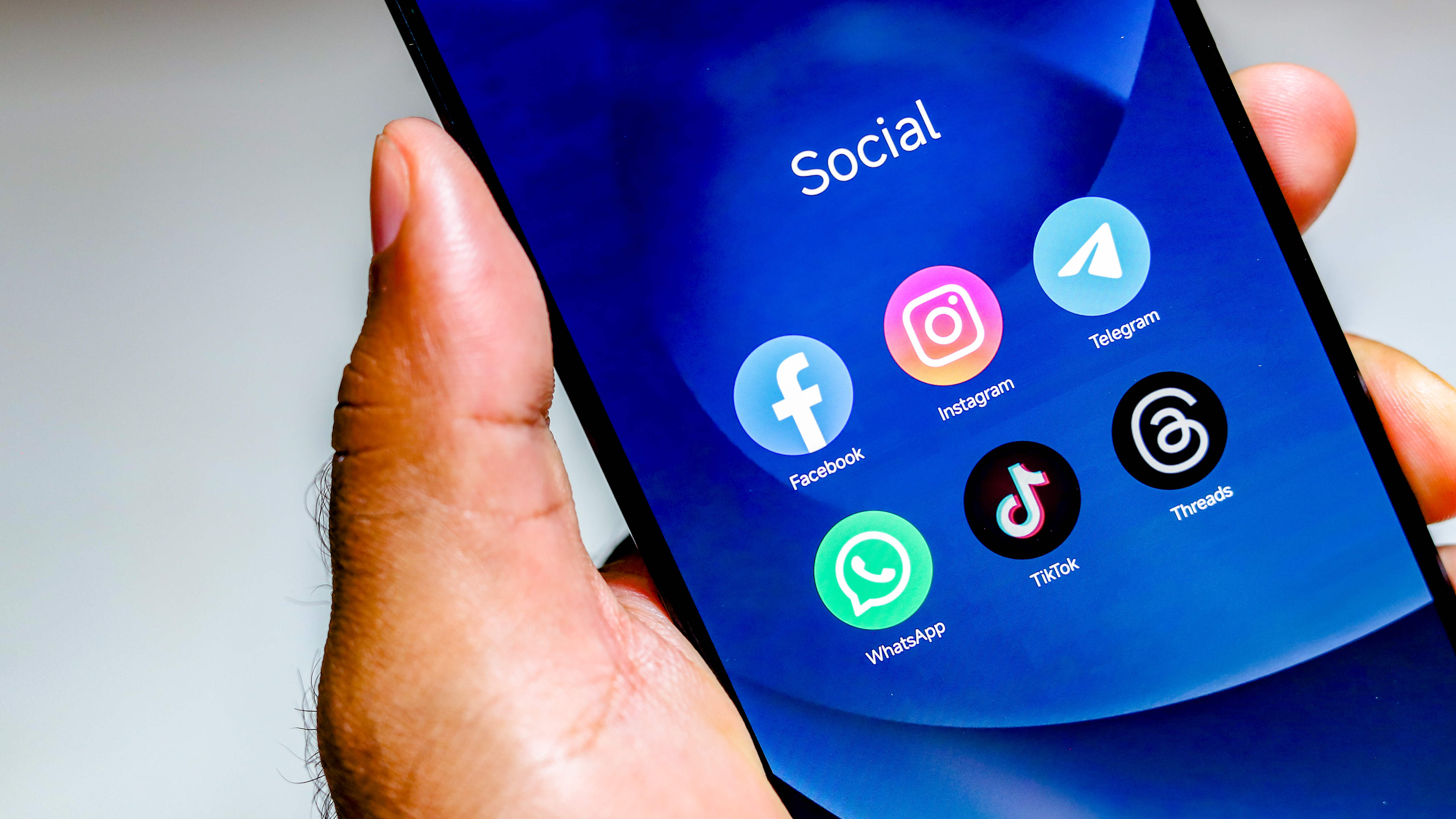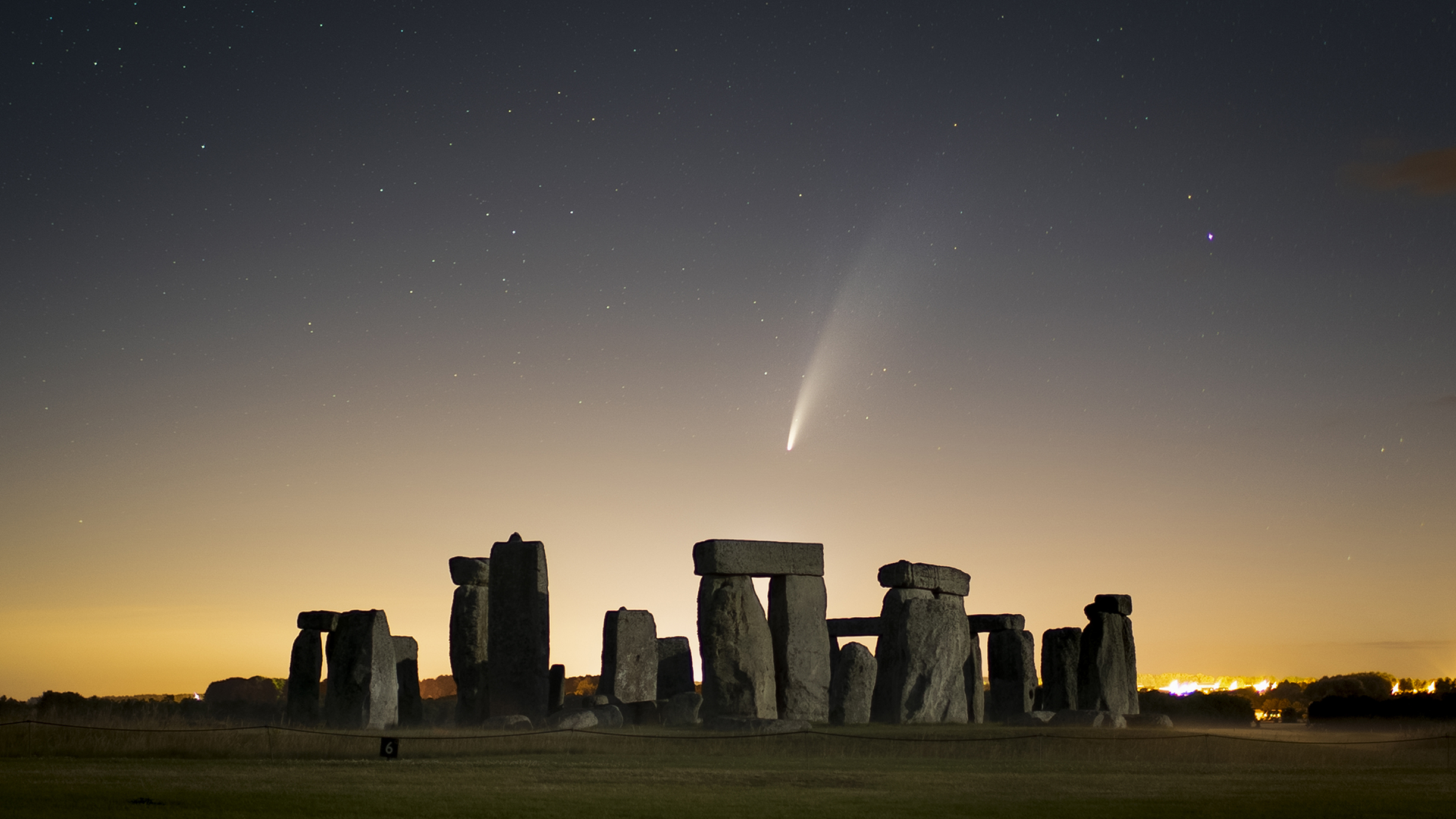BREAKING: The TikTok ban stands as Supreme Court denies First Amendment claims
TikTok will go dark on Sunday (January 19) in the US as the Supreme Court upholds legislation requiring the app to sell

The upcoming January 19 ban on TikTok in the US will stand, the Supreme Court has ruled. On January 17, the US Supreme Court upheld the US District Court's previous ruling that the Protecting Americans from Foreign Adversary Controlled Applications Act does not violate the First Amendment.
The ruling means that the legislation requiring TikTok to sell outside of China or face a ban from US app stores on January 19 still stands. However, the ban comes the day before President-elect Donald Trump is scheduled to take the oath of office; whether or not the legislation is enforced remains heavily debated. Earlier this week, a proposed bill sought to give TikTok another 270 days to sell, potentially delaying the January 19 deadline if passed. Rumors of a potential TikTok buyer could also salvage the app from loosing a third of its users.
"There is no doubt that, for more than 170 million Americans, TikTok offers a distinctive and expansive outlet for expression, means of engagement, and source of community," the Supreme Court writes in its decision in for TikTok v. Garland. "But Congress has determined that divestiture is necessary to address its well-supported national security concerns regarding TikTok’s data collection practices and relationship with a foreign adversary. For the foregoing reasons, we conclude that the challenged provisions do not violate petitioners’ First Amendment rights."
The Protecting Americans from Foreign Adversary Controlled Applications Act passed in April 2024 and gave TikTok 270 days to divest from its parent company, ByteDance. The legislation cited concerns that the company could be required by law to hand over user data to the Chinese government. Legislators also expressed concern that the app could be used to spread misinformation.
TikTok Inc., along with a group of creators, however, challenged the legislation, saying that it violated First Amendment rights. After a US Circuit Court ruled against TikTok, the Supreme Court took up the case beginning January 10. The Supreme Court has now sided with the earlier court's decision, ruling that the legislation does not violate the First Amendment. The case proceeded unusually fast, presenting a ruling just seven days later when a two to three month ruling is more typical.
While TikTok’s lawyer argued that congress did not consider other alternatives besides the sale of the app, Justice Neil Gorsuch disagreed, saying that the law was “appropriately tailored” and that the government spent “years in negotiations with TikTok exploring alternatives.”
“Whether this law will succeed in achieving its ends, I do not know,” Gorsuch wrote in his concurring judgement. “A determined foreign adversary may just seek to replace one lost surveillance application with another. As time passes and threats evolve, less dramatic and more effective solutions may emerge. Even what might happen next to TikTok remains unclear.”
Get the Digital Camera World Newsletter
The best camera deals, reviews, product advice, and unmissable photography news, direct to your inbox!
As the TikTok ban looms, apps like Red Note, which is a Chinese app similar to Tiktok, became the most downloaded app in the US App Store earlier this week, suggesting Gorsuch’s concern that the app could be simply replaced with another isn’t misplaced.
ByteDance has repeatedly said that selling the TikTok app wasn’t possible. During the Supreme Court’s oral arguments, Noel J. Fransisco, an attorney for TikTok explained that “there are lots of parts of the source code that are embodied in intellectual property that are owned by the Chinese government, and they would restrict, like the United States restricts, the sale of those types of things to foreign governments.” Fransisco also said that rebuilding the code would take years.
What happens to TikTok in the US now?

What will happen to TikTok on January 19 in the US isn’t entirely clear. Initially, multiple sources have said that the app would no longer be available from app stores in the US. However, during the oral arguments, Fransisco said that the app could also be banned from service providers, effectively blocking access even for those who already have the app on their devices.
“At least as I understand it, we go dark. Essentially, the platform shuts down,” Fransisco said.
An anonymous source within the company has told Reuters that US users will see a pop-up when attempting to open TikTok if the ban proceeds as scheduled.
Questions remain, however, on whether or not the legislation will be enforced as the US changes presidential leadership on January 20. A source told the Associated Press that President Joe Biden would not enforce the rule, leaving it up to President-elect Donald Trump.
The original legislation also gives the president the ability to delay the deadline by 90 days if progress has been made on a sale.
This is a breaking news story, check back for updates.
You may also like
For more, read our list of TikTok tips or browse for an alternative with like Bluesky and Threads.

With more than a decade of experience reviewing and writing about cameras and technology, Hillary K. Grigonis leads the US coverage for Digital Camera World. Her work has appeared in Business Insider, Digital Trends, Pocket-lint, Rangefinder, The Phoblographer and more.
